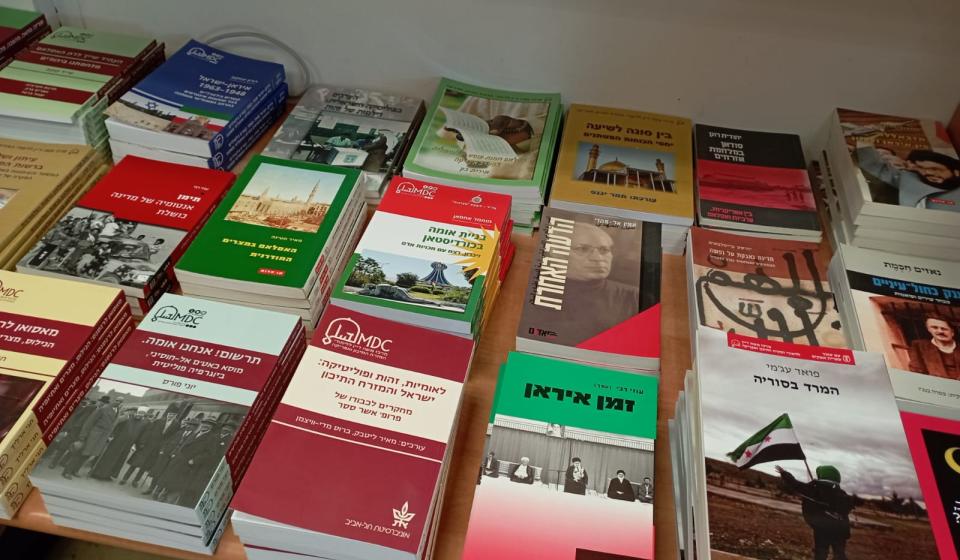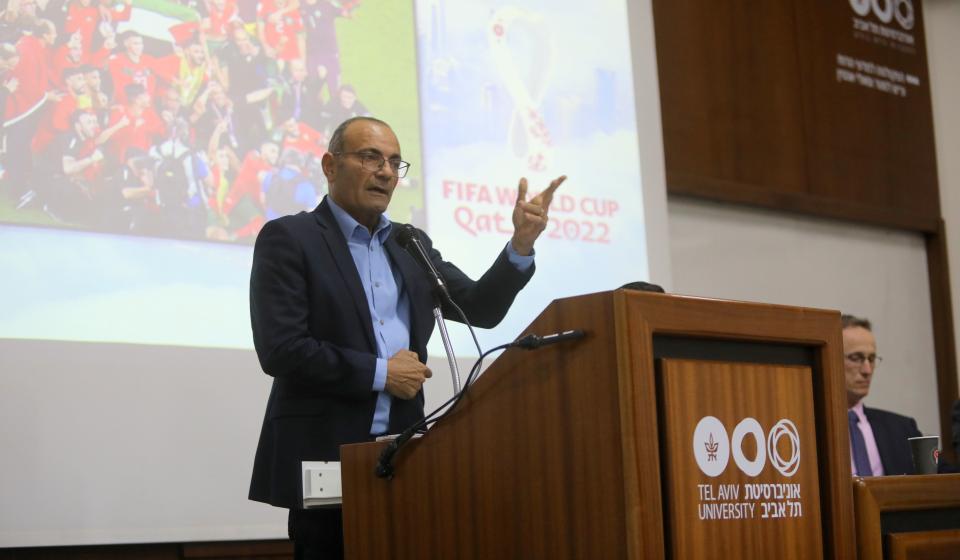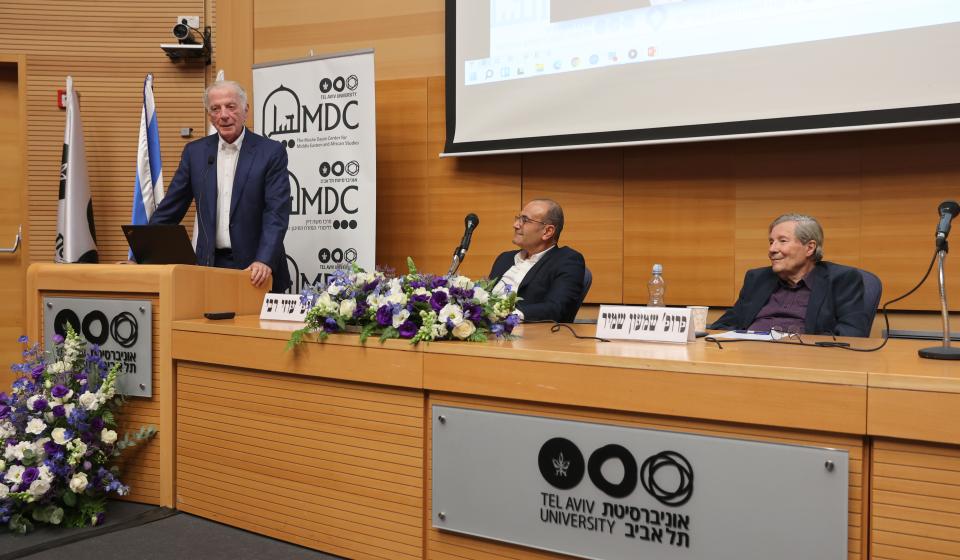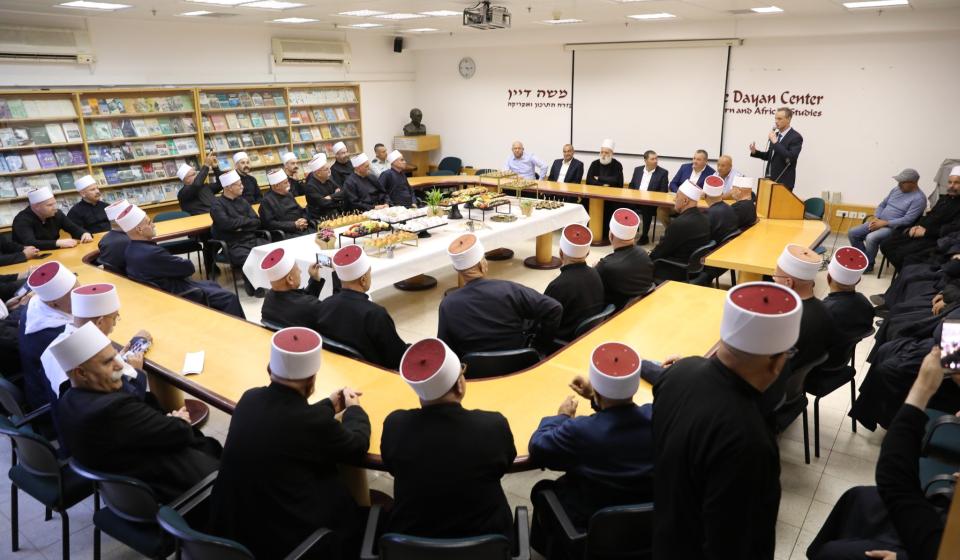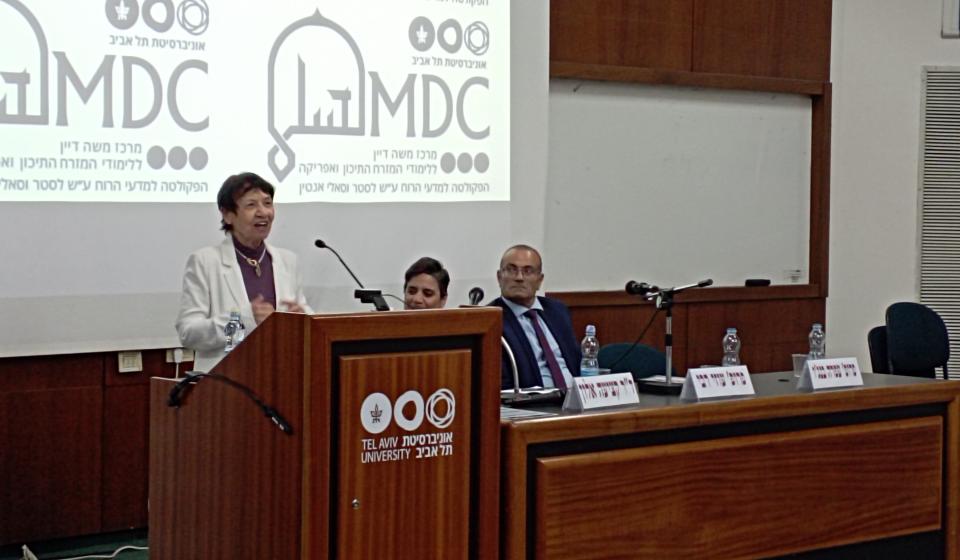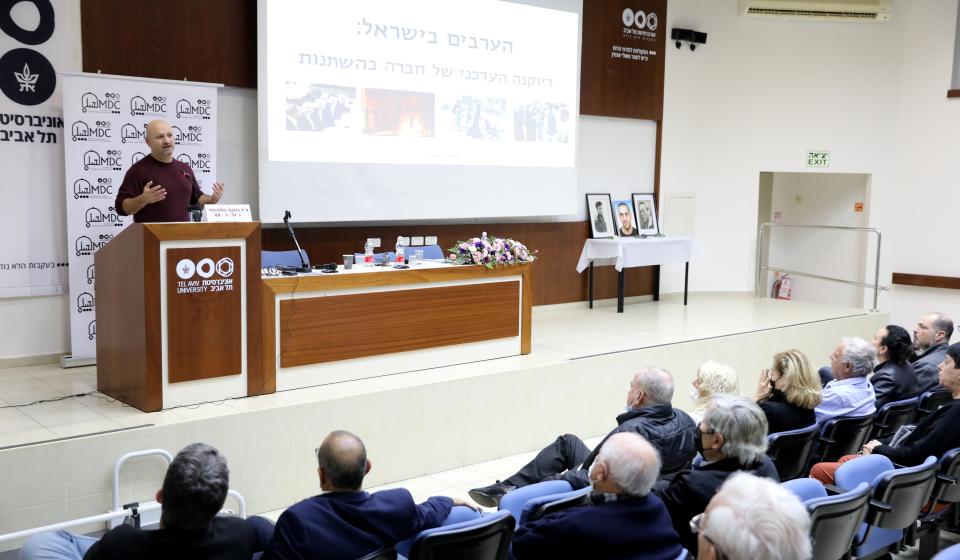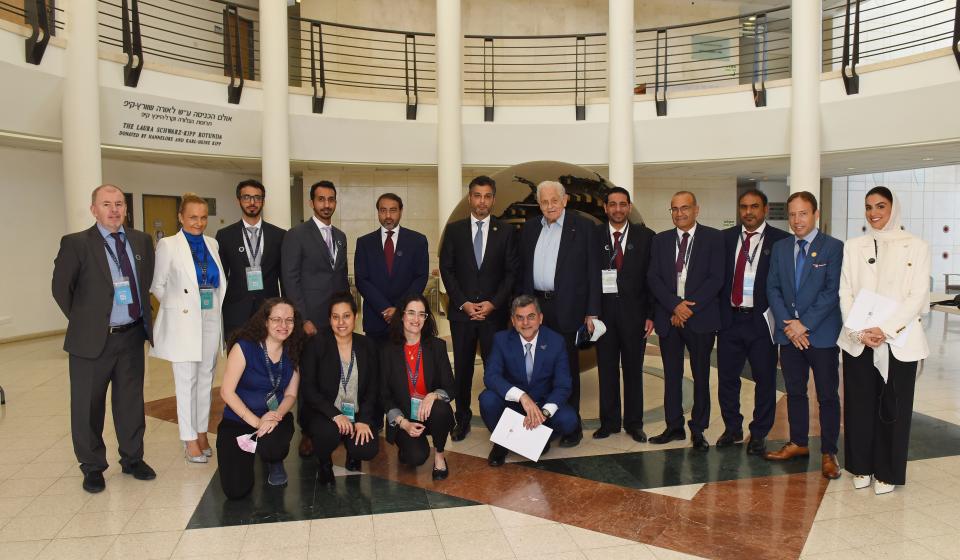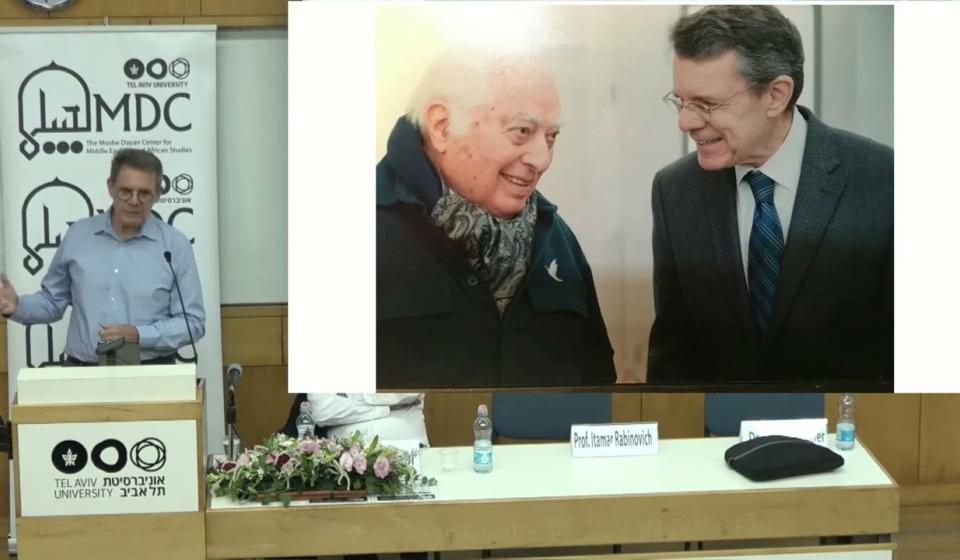Post-Baʿth Iraq and Syria: A Comparative Analysis
In the latest issue of Tel Aviv Notes, Prof. Ofra Bengio compares post Baʿth Iraq and Syria, showing how regime collapse in both states led not to democratic renewal but to continued authoritarian rule, sectarian tension, and weak legitimacy.

















